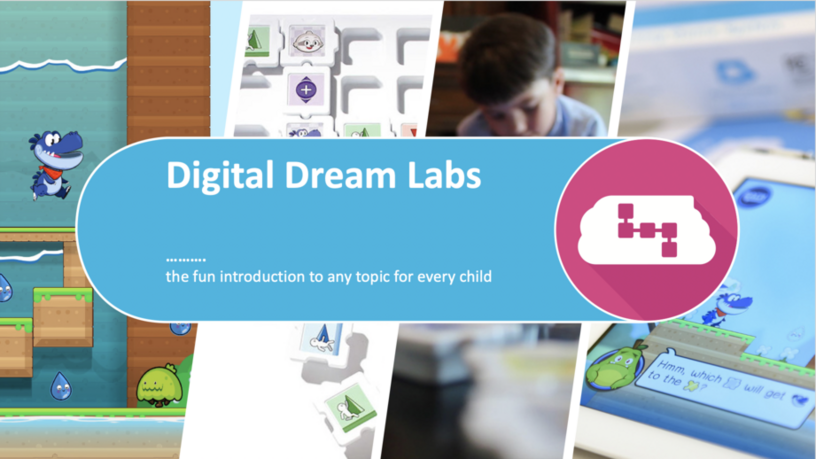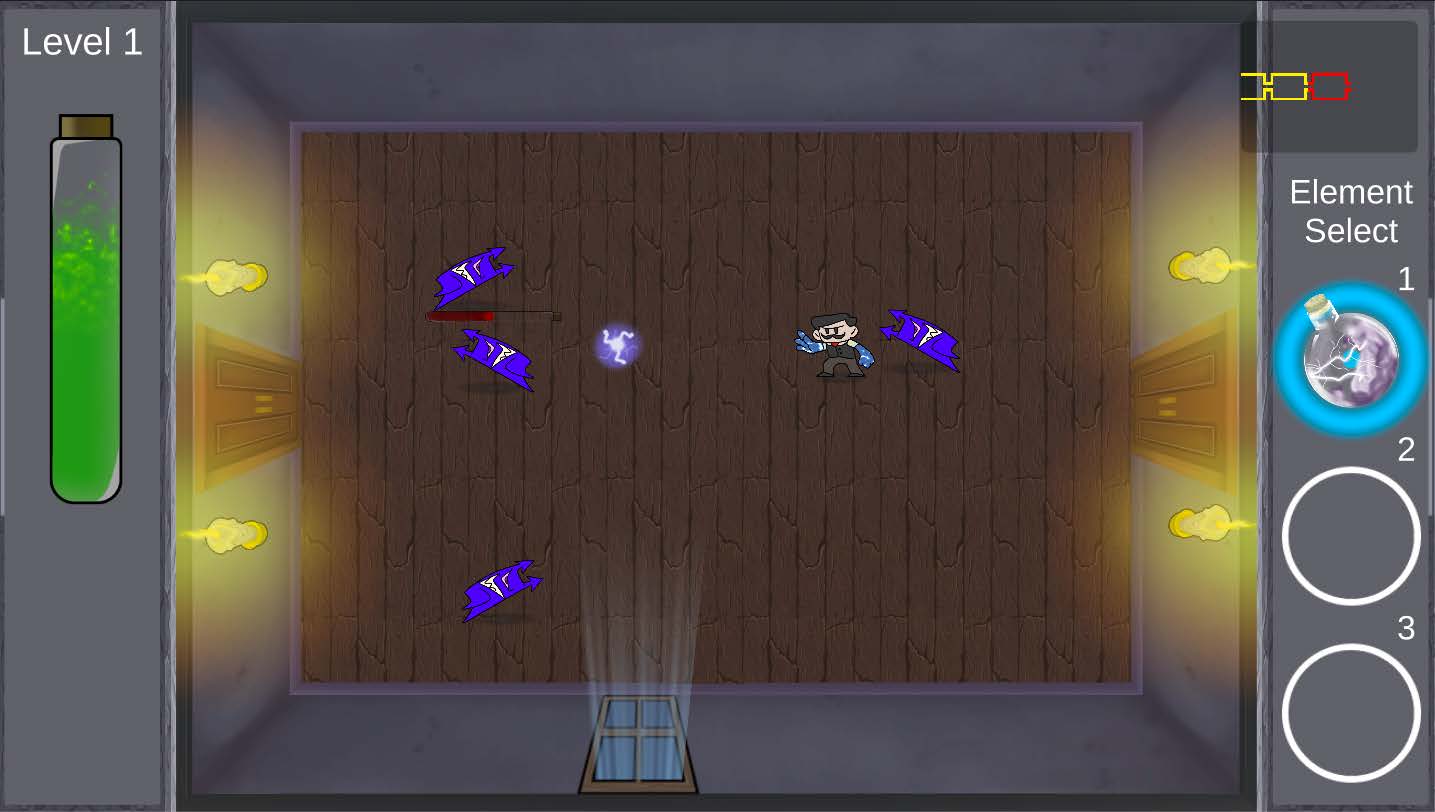The future of the Vector social robot has been uncertain since its creator, Anki, closed down in 2019. But now a Pittsbur...
Problem
STEM topics are difficult to learn; a single platform to teach them remains elusive
STEM (Science, Technology, Engineering and Math) education is critical to student learning and for professional and personal success after graduation. But many children don’t start engaging with STEM topics until later in school. At this point, understanding such topics becomes intimidating, and it is often too late to adequately master these subjects.
Several studies have shown this to be true — in fact, 70% of skills gaps that show up amongst high school students are considered the result of a lack of education during that student’s more formative years--between kindergarten and second grade. Yet, when it comes to early childhood education, there aren’t any obvious solutions that engage young learners in STEM education in an age-appropriate and interesting way.
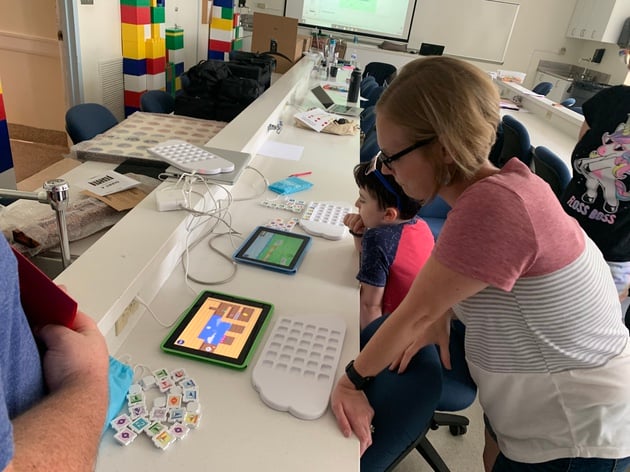
Solution
Digital Dream Labs: making STEM learning engaging with one flexible platform
We build engaging educational games that children actually want to play. Our first product, Puzzlets, is a hands-on learning system for pre-readers that uses toy puzzle pieces with RFID tags to control onscreen learning environments. Digital Dream Labs’ (DDL) innovative development platform, supported by a far-reaching patent, is readily extensible to other devices and applications, such as drones, smart speakers, and robots.
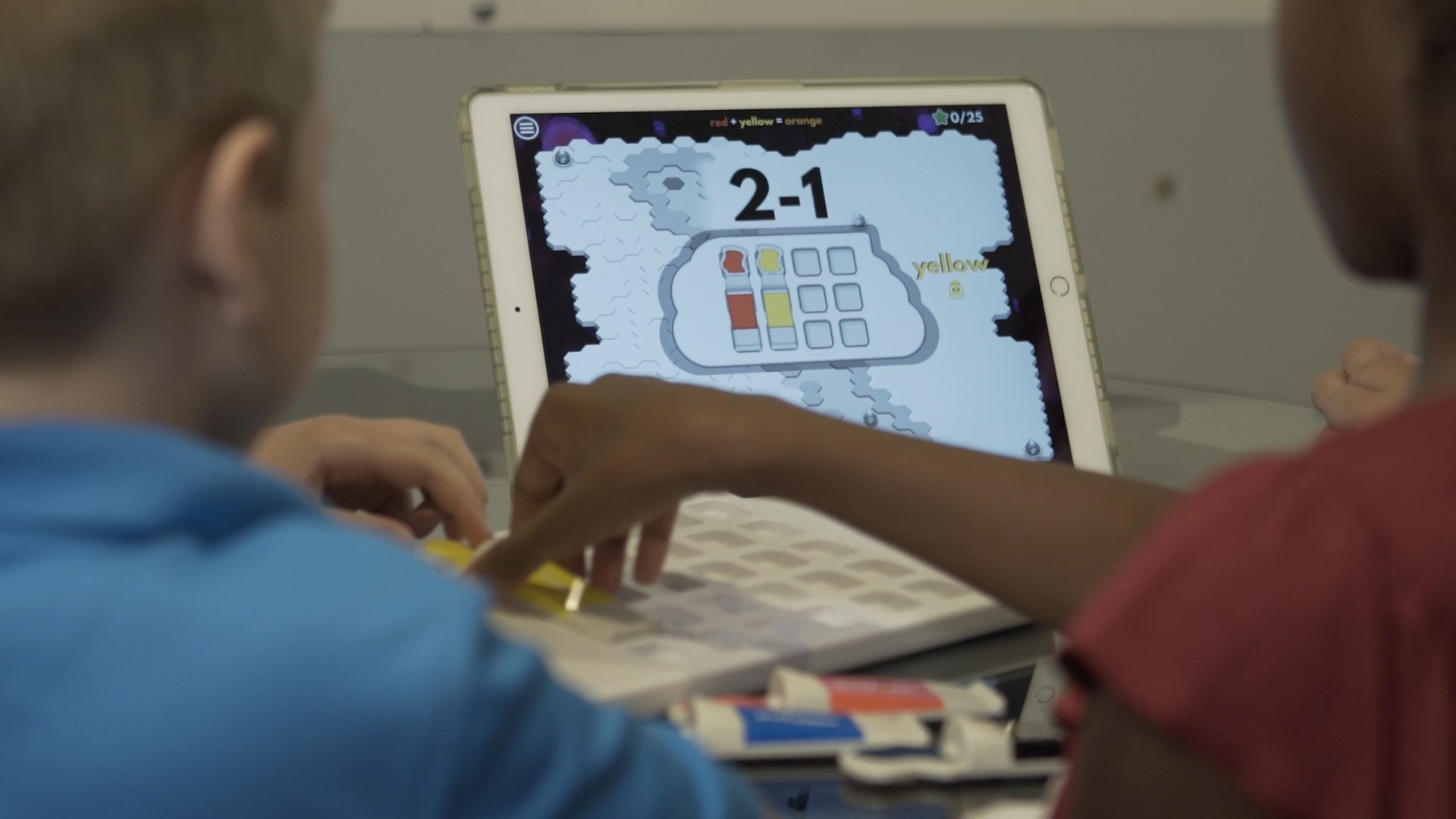
Cork the Volcano, the first game for Puzzlets, enriches logic, sequencing, and fine-motor skills through physical interaction and gameplay. With a focus on interactive classroom learning for primary-age children, DDL has garnered recognition for educational effectiveness and efficiency by organizations including the Gates Foundation and Digital Promise.
“Puzzlets [DDL’s current flagship product] show promise in promoting 21st century skills of communication, collaboration, creativity, and computational thinking in students.” – Carnegie Mellon University researchers
In preliminary classroom studies, students using DDL’s hands-on technology showed a 10-25% gain in logic and sequencing skills in just 8 weeks, with struggling learners showing the greatest improvements. By targeting students in the key pre-reading years of kindergarten through 2nd grade, DDL’s Puzzlets provide the concrete, hands-on experience that children need to learn key STEM skills. Early development of these skills reduces later gaps, boosting test scores and building a solid foundation for tech education in higher grades.

Product
One company, one platform to bridge online and offline learning
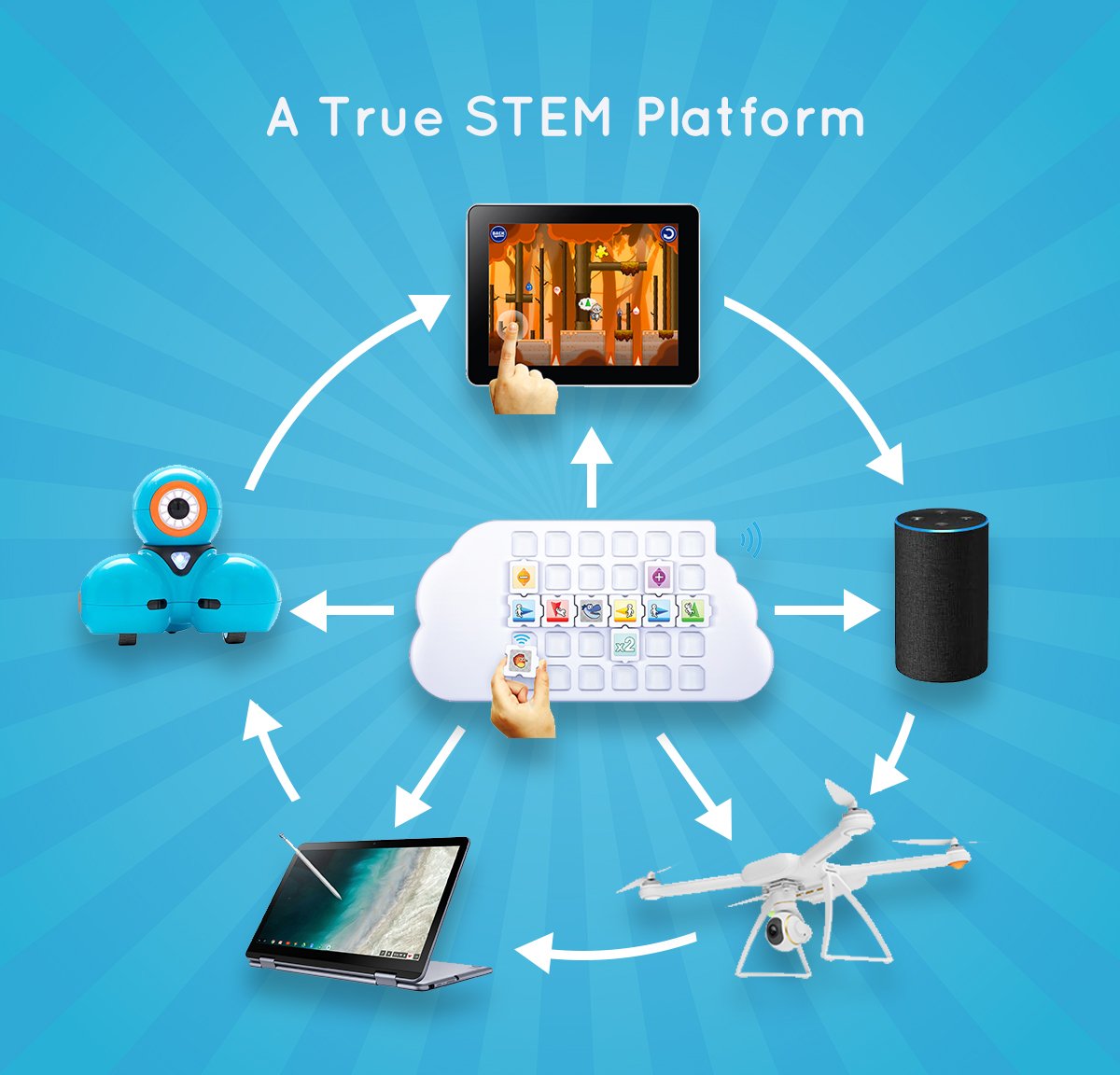
All of our products exist in the real or digital world. Our platform is designed to combine play with interactive online gaming to maximize student learning. We also make it easy for parents and teachers to set up, and then for children to use.

Our product can be used outside to sync to drones (under development).
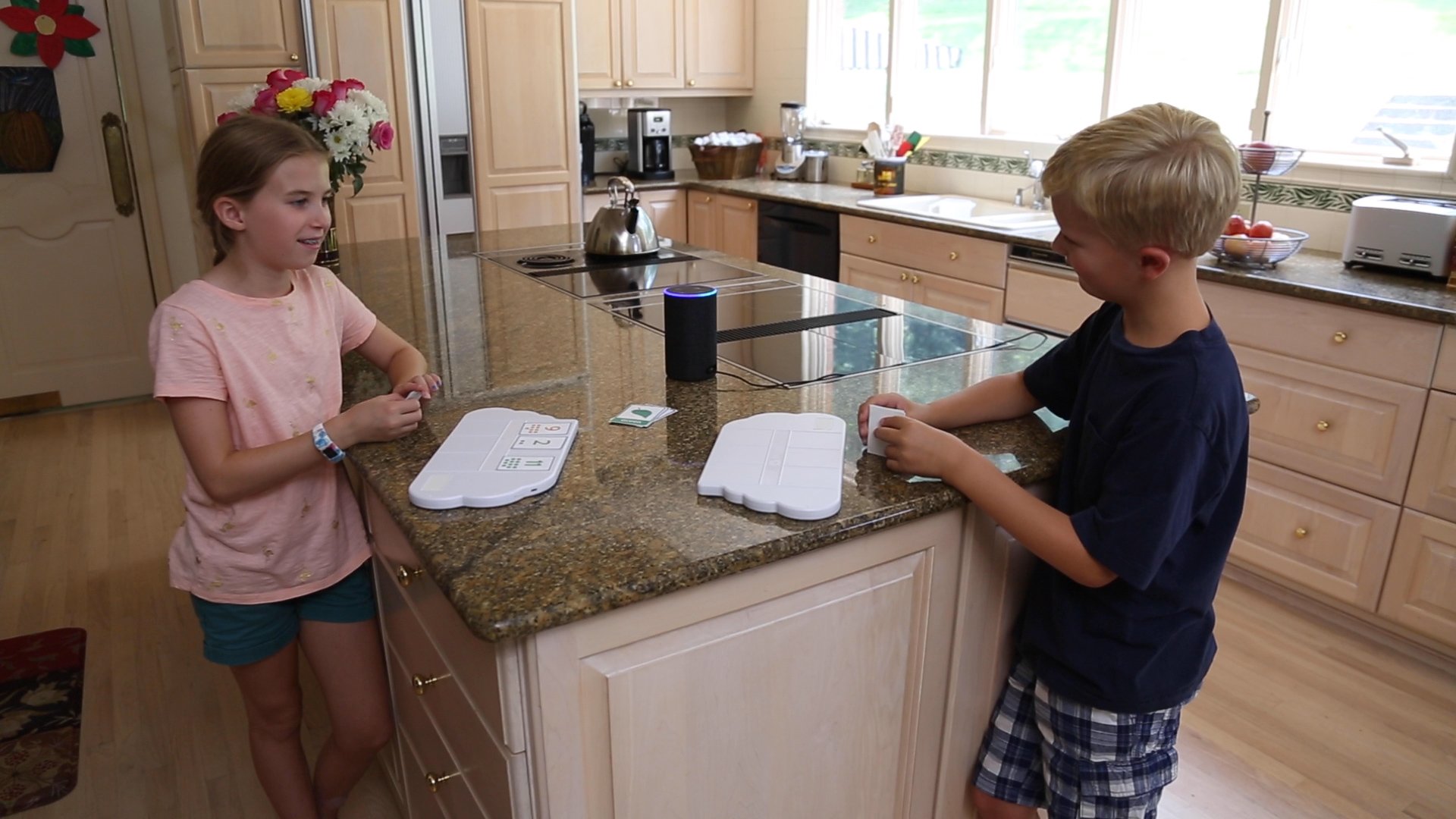
Children as young as infants you can use our product with smart speakers as an at home tutor (under development).
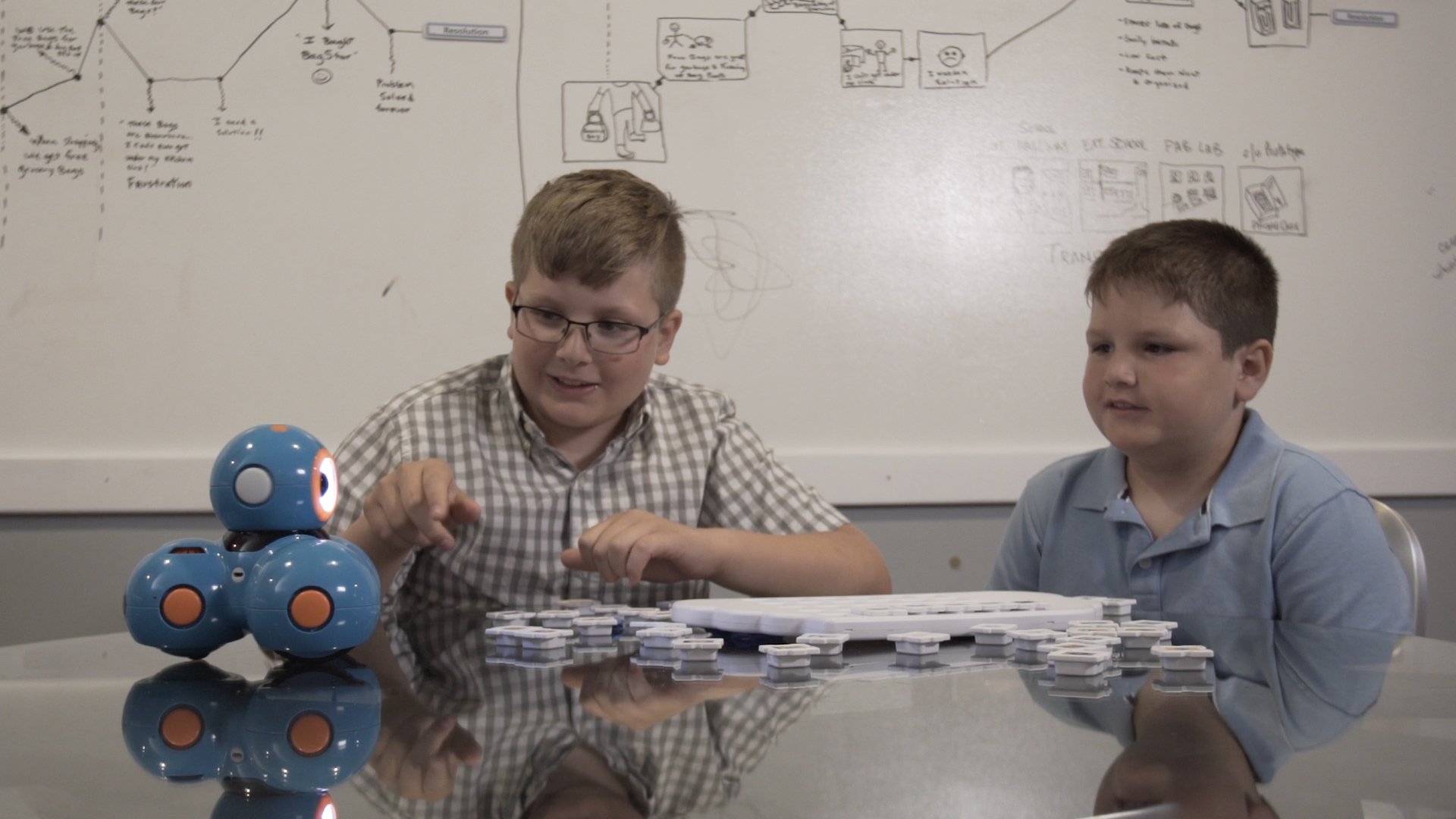
Our product also syncs with robots.
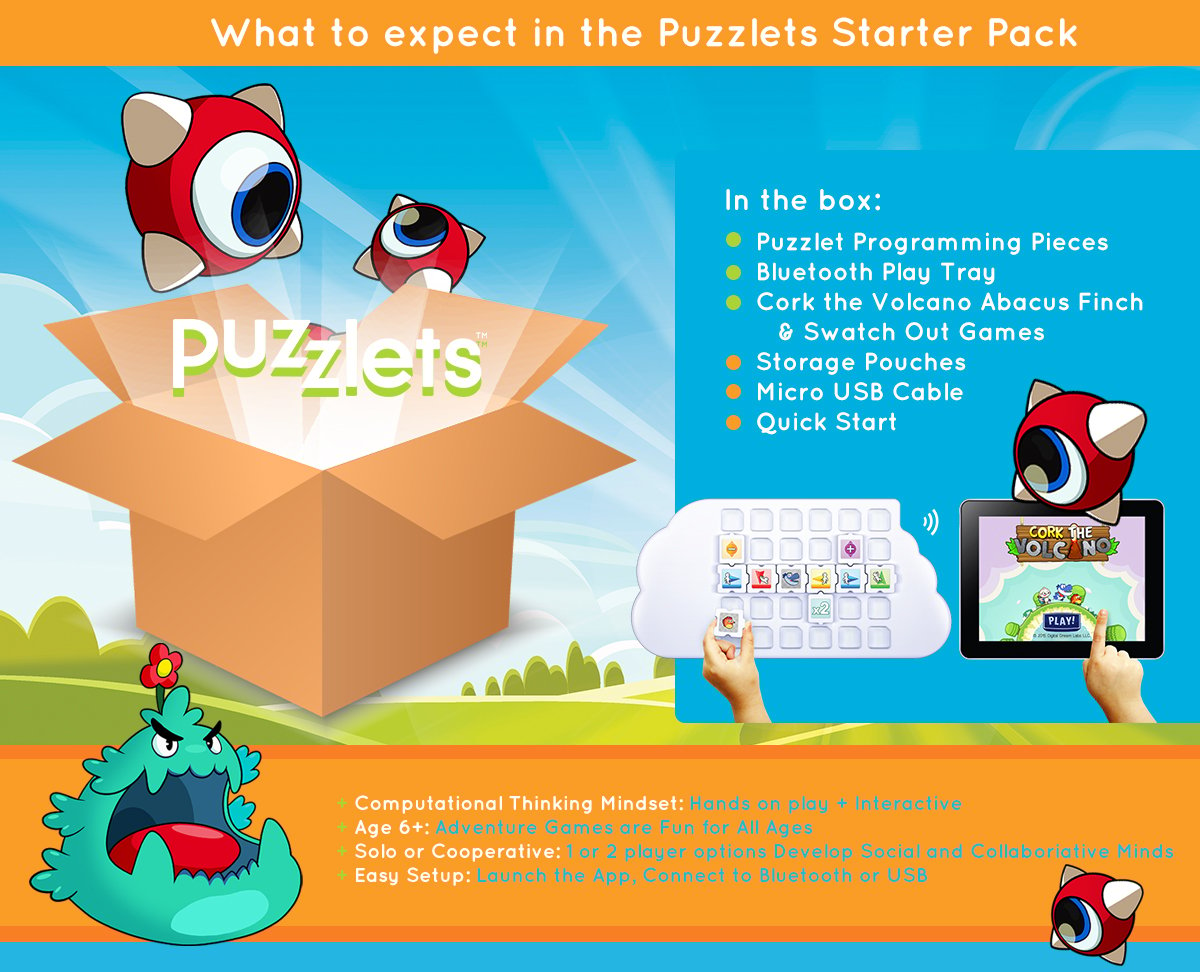
Our current offerings for finished products on our website.
Traction
3,400 elementary schools and and growing
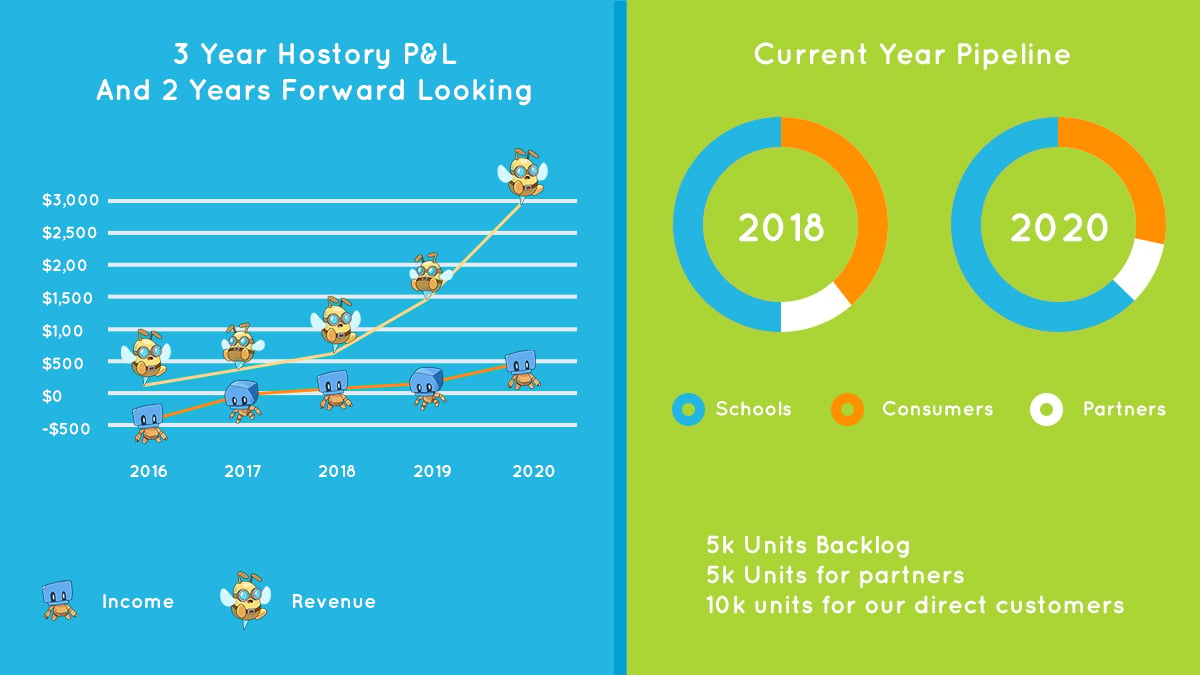
Since launch, we’ve distributed thousands of units directly to schools. This has helped demonstrate proof of concept. We are currently building a pipeline of $3.8 million in growth accounts. We’ve also engaged partners orders and currently have a backlog of 20k units to prepare for distribution. We expect sales to the school audience to grow significantly in the coming years.
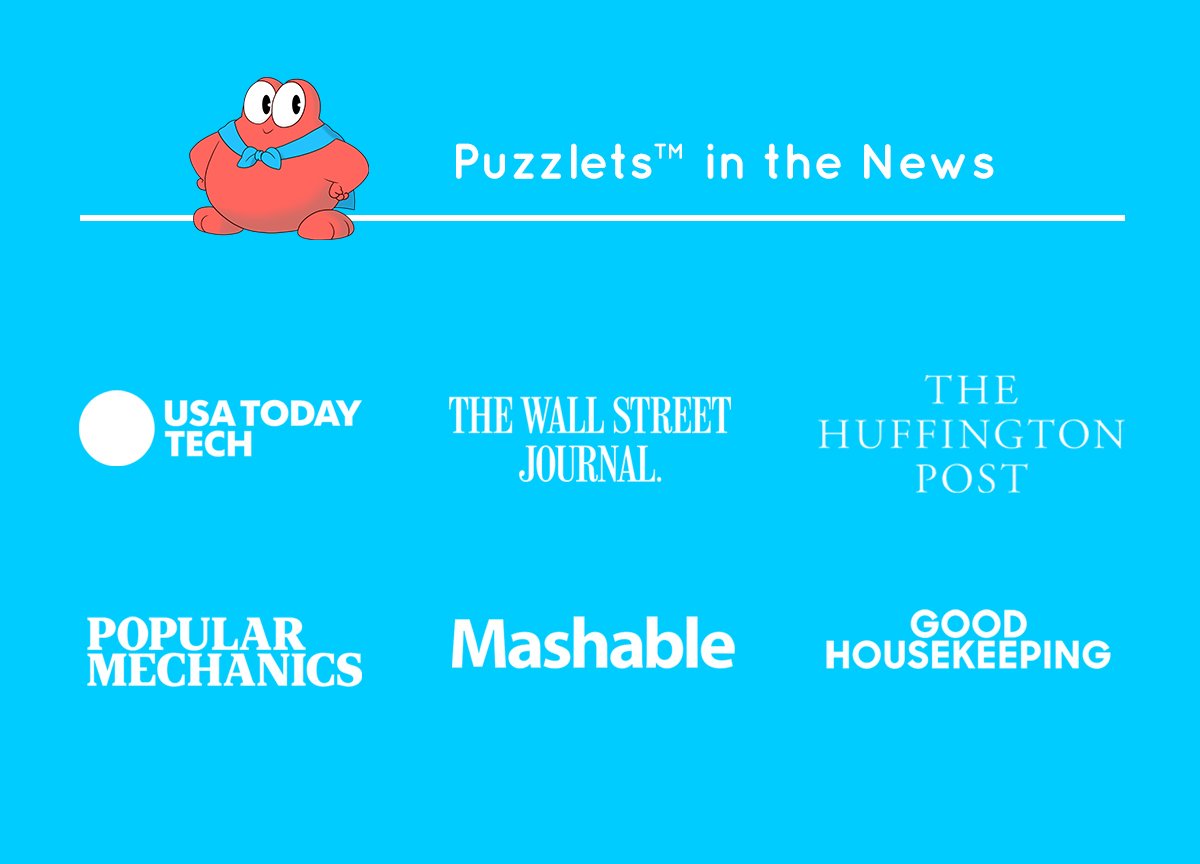
Customers
A tool for both teachers and parents
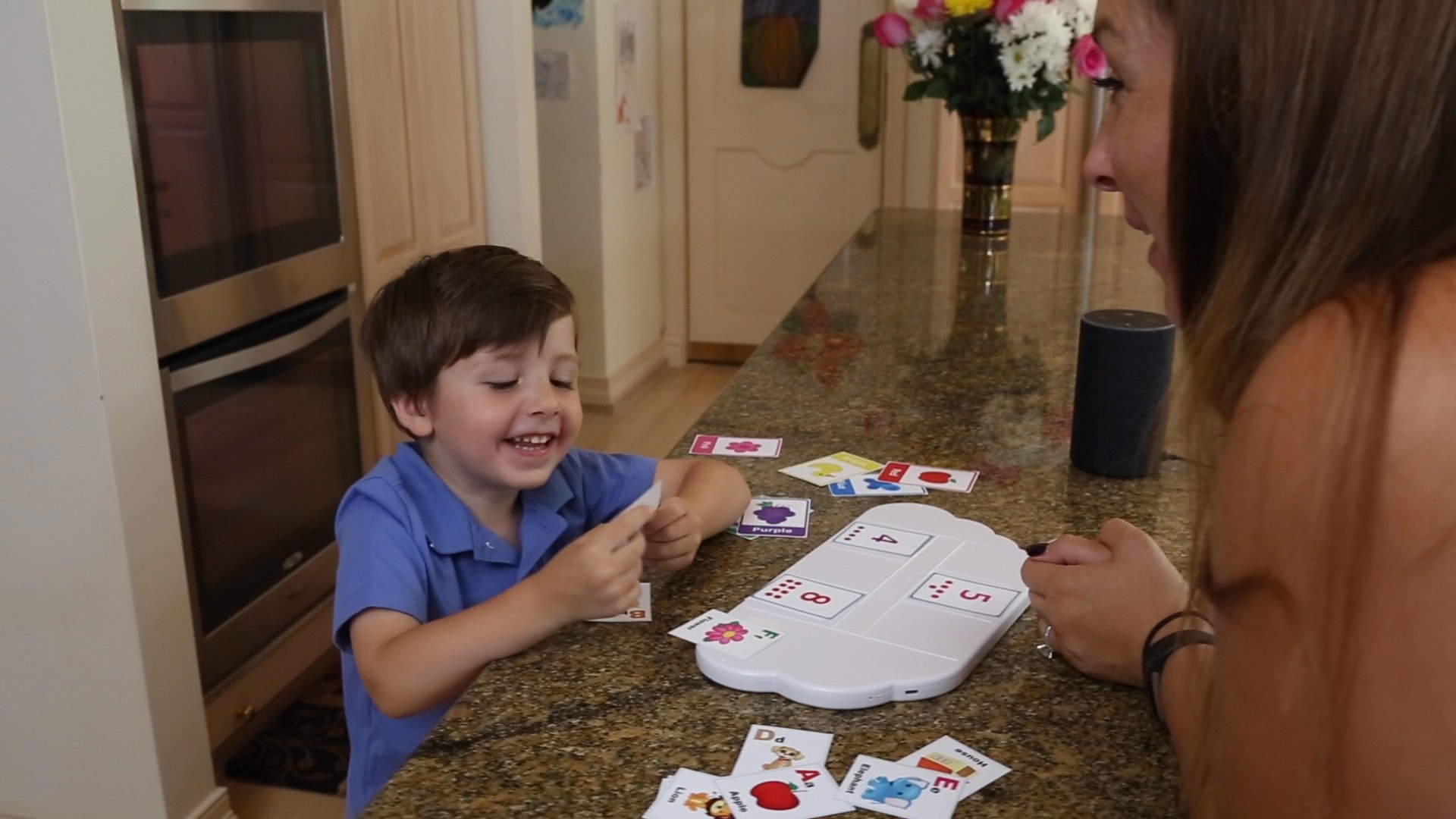
Schools, educational support organizations, and parents form DDL’s primary client base. Adopters of the company’s technology generally fall into one of four categories:
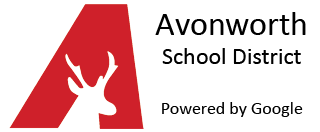 Cutting-edge, tech-focused schools with state-funded budgets or neighborhoods that support innovation in the classroom. Avonworth and Fox Chapel School Districts, two of DDL’s first customers, fit into this category.
Cutting-edge, tech-focused schools with state-funded budgets or neighborhoods that support innovation in the classroom. Avonworth and Fox Chapel School Districts, two of DDL’s first customers, fit into this category.
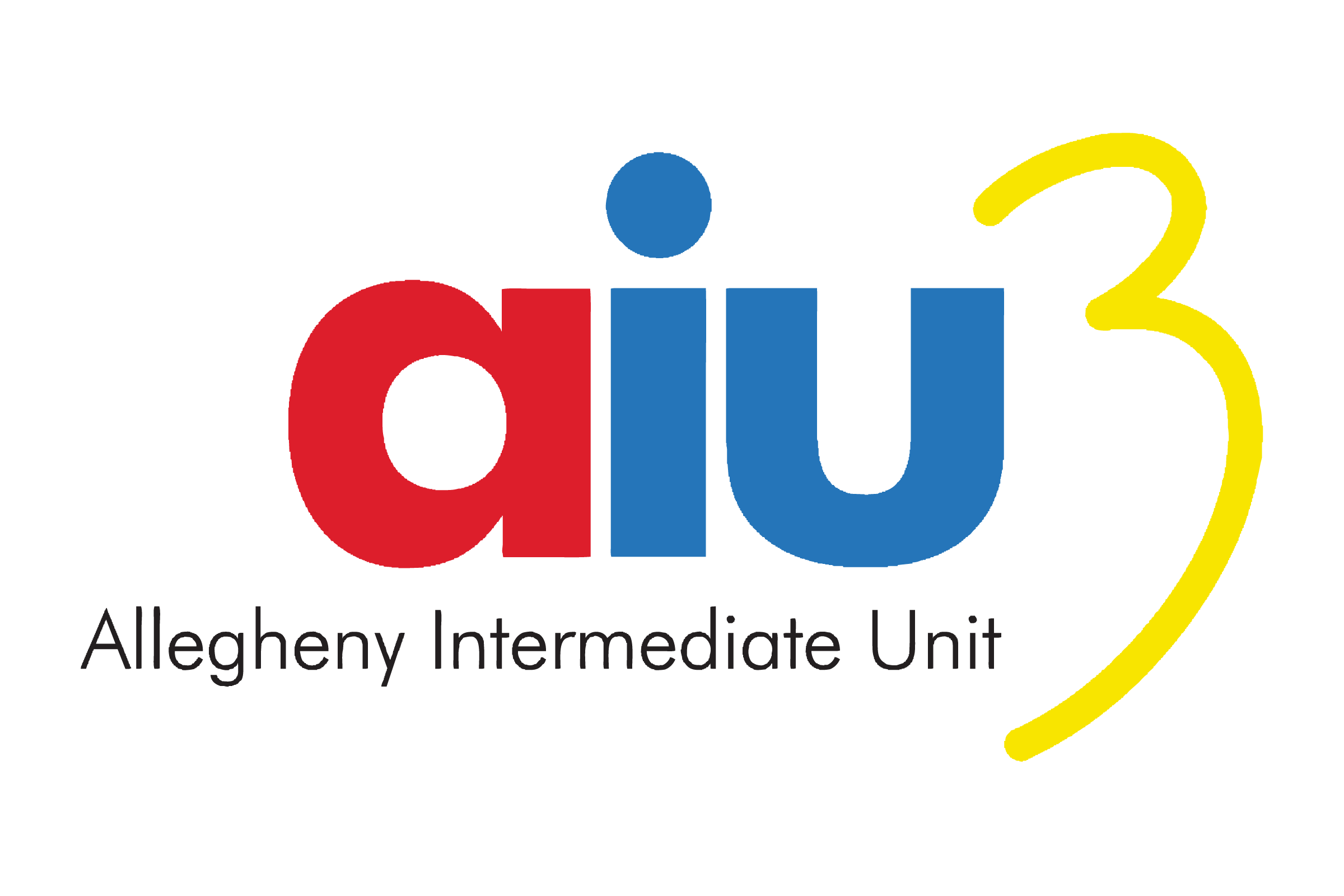 Schools that are supported by ESAs (Educational Support Associations, also called BOISE in NY/NJ and IUs in PA). These are non-profit institutions that buy educational technology products on behalf of school districts that lack funding.
Schools that are supported by ESAs (Educational Support Associations, also called BOISE in NY/NJ and IUs in PA). These are non-profit institutions that buy educational technology products on behalf of school districts that lack funding.
Sales groups or other 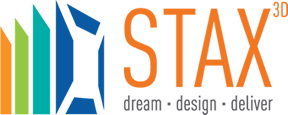 companies that focus on selling to schools use Puzzlets as part of their solution package. Wonder Workshop, Eduporium, and Stax3D fall into this category.
companies that focus on selling to schools use Puzzlets as part of their solution package. Wonder Workshop, Eduporium, and Stax3D fall into this category.
Of course, parents 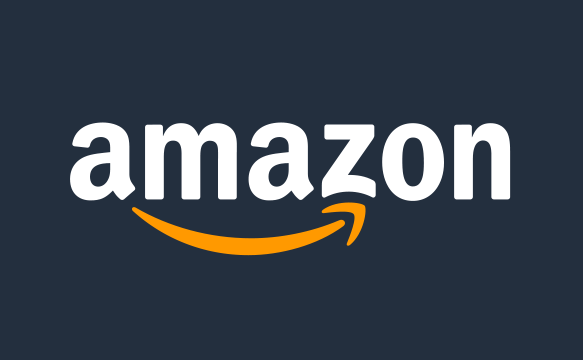 make up a significant portion of our sales as well and are comprised of ‘generation X’ moms and ‘tech’ dads, demographics similar to those of Target customers. Many of these orders either go through our e-commerce site or are sold by Amazon.
make up a significant portion of our sales as well and are comprised of ‘generation X’ moms and ‘tech’ dads, demographics similar to those of Target customers. Many of these orders either go through our e-commerce site or are sold by Amazon.
Business model
SAAS model with a versatile hardware component

- High margin (90%) download only games.
- Large margins (73%) for Puzzlet add-on games.
- Health margins (50%) for Puzzlet 'Play Tray'.
Digital Dream Labs’ current flagship product is the Puzzlets Starter Pack with Cork the Volcano. This consists of the Play Tray, RFID command tiles, and the ability to sync via Bluetooth to an iPad, making classroom integration easy. Puzzlet games are controlled by the arrangement of tiles in the Play Tray, creating 50-50 interaction between the physical and digital worlds.
Our current revenue steam is simple and similar to other gaming platforms. We offer a base that is priced at $99.99, educators get 10% off, that requires purchase of additional game tiles for each title priced in the neighborhood of $40. Once the equipment is installed, the parent or teacher can then download additional games for a fee. If the customer does not want to purchase hardware, then our content is downloadable for a subscription fee and will be expanded to be on several gaming delivery platforms by 2020 for the price of $10/student/year for all content.
We are designing our first “software-only” game called "Monstrous Molecules," that will focus on middle school students. This game teaches chemistry basics required in middle school curriculum. This title will be available for $5/student/year. Monstrous Molecules will be primarily built for Google Chromebooks, which represent more than 78% of the middle school computer market, but will run on WebGL and therefore will run on any browser on any desktop or mobile device.
Market
Reaching edtech and beyond
According to the New York Times, “To make computer science opportunities accessible to all students, we need to start in elementary school — where classrooms are split equally with students of all backgrounds, and the playing field is still relatively level. By high school, it can be too late.”
As a result of addressing this problem, the educational technology market is projected to grow 16% YoY for the next three years and beyond, reaching $252 billion globally by 2020 as schools rush to invest in solutions that promote STEM education across all grade levels.
One wide-open segment of this growing sector is in primary education, where tactile learning is imperative because students do not yet have the necessary reading skills to work through most of the products already on the market. A full implementation of our product just for K through 2nd grade would reach a revenue of $5B+ in the United States alone.
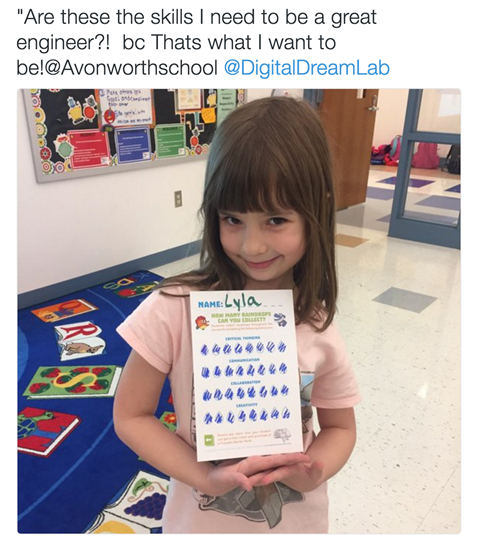
Competition
We’re masters of gameplay - high engagement and high versatility
Historically, DDL has operated at the confluence of hardware, software and education, where the very nature of the industry creates nearly-insurmountable barriers to entry. Even though the market is highly desirable, manufacturing difficulties, capital needs, a lack of experts, and going-to-market challenges represent vast hurdles that kill most companies in this space. This can be seen in the number of primary-age EdTech startups and crowdfunded projects that fail to ever reach the mainstream.

Osmo, a Byju company, is DDL’s closest competitor, with outstanding marketing but a less effective product.

LittleBits, a Sphero company, was born out of the 'maker movement' and has a product that is essentially 100% hardware.
 Tynker is strictly an online platform that focuses on teaching STEM topics with games that are virtual tests.
Tynker is strictly an online platform that focuses on teaching STEM topics with games that are virtual tests.
Our future software-only offerings, targeting middle school and high school students, are expected to attract a wider range of competitors. Nevertheless, we believe the ease of developing educational games on our platform as well as the strength in our brand will continue to provide a sustainable advantage. 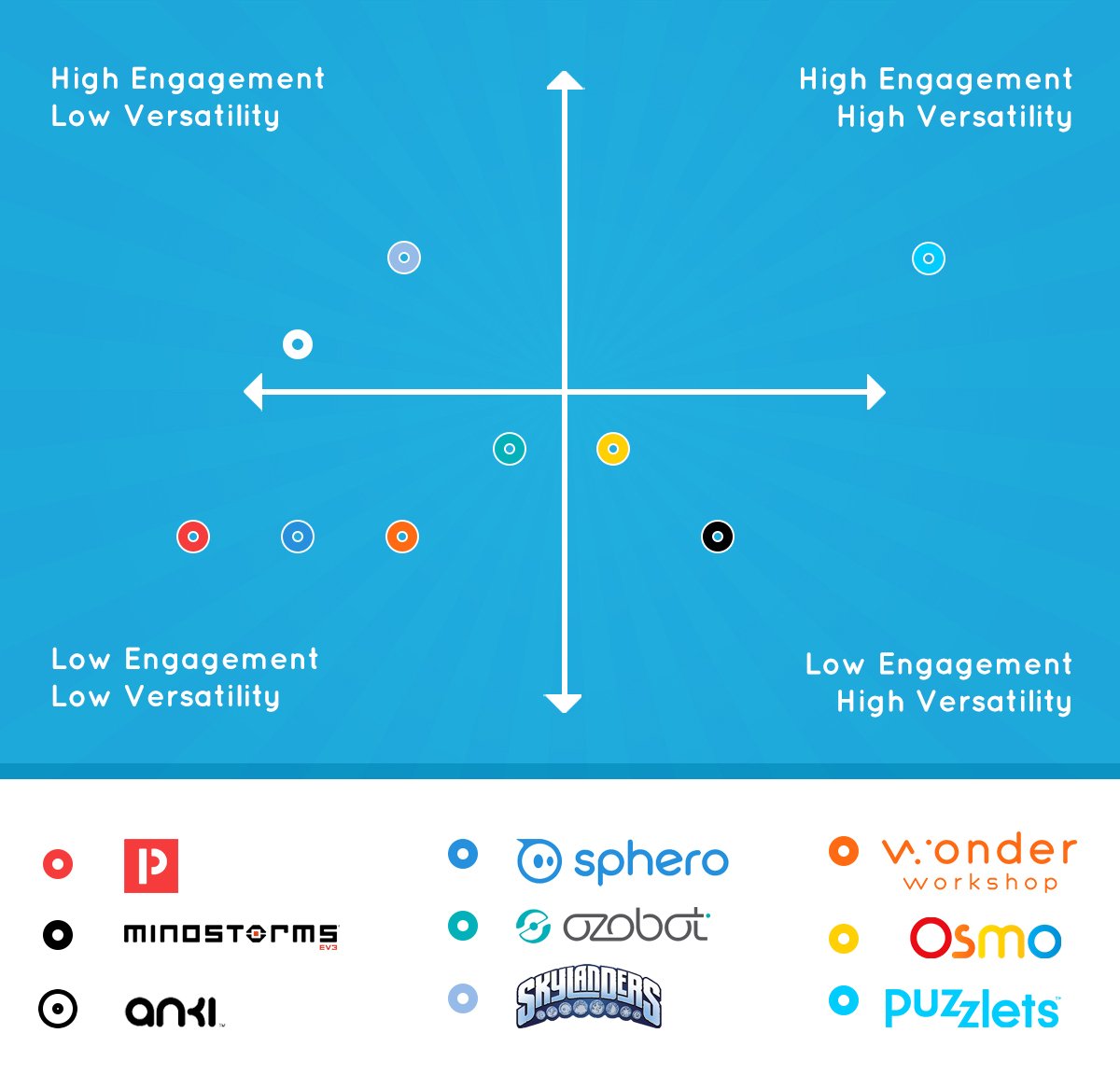
Vision and strategy
One platform to rule them all
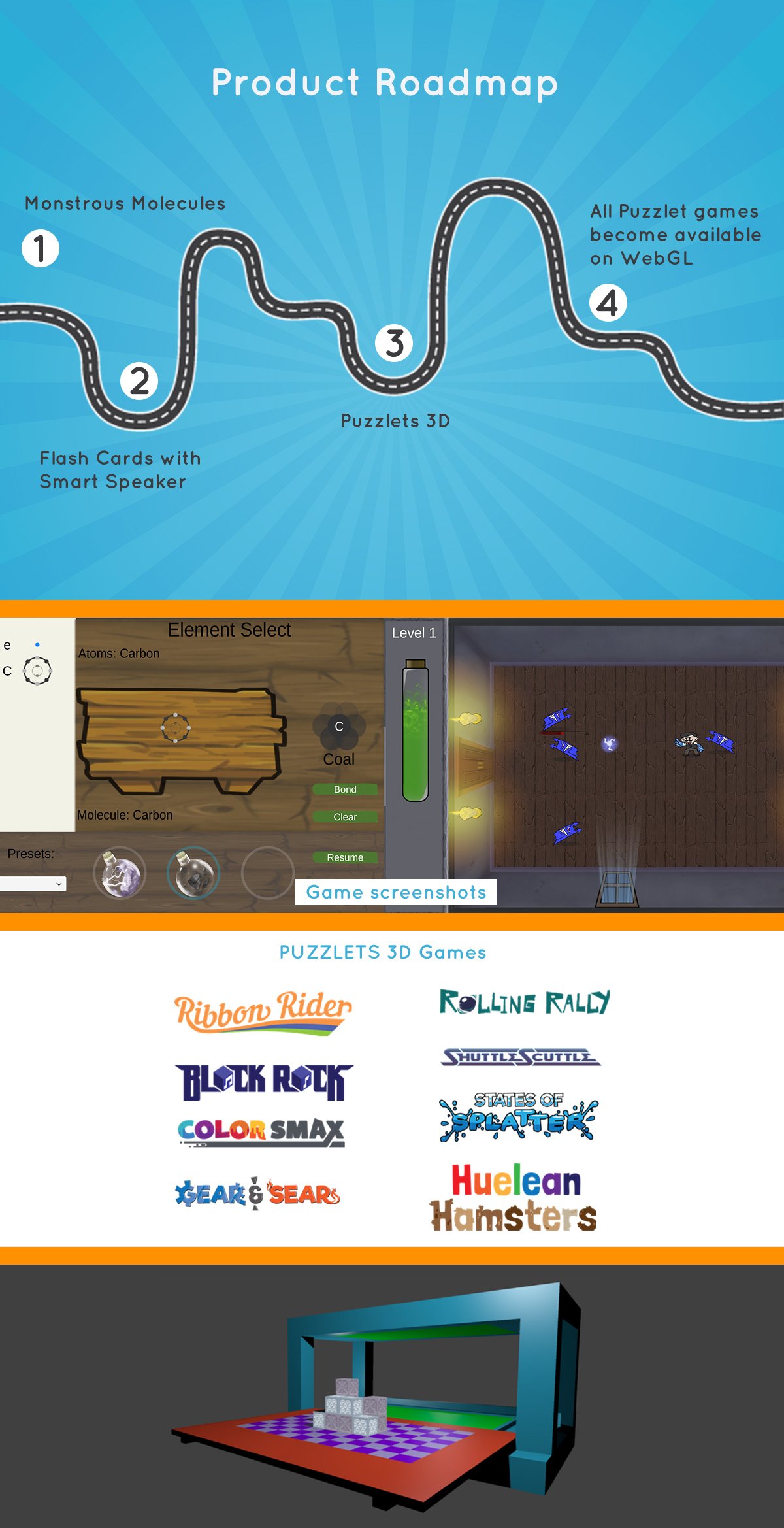
Our use of funds for this raise is simple; hire more people to accelerate game design to keep up with demand that will then enhance revenue for the company. In addition to updates and new levels for DDL’s current games, we are developing several new initiatives to build on our current market success.
Middle school and high school offerings
In Q4 2019, DDL will release a chemistry game for middle school students. Downloadable and subscription games will create new sources of revenue.
K-5 offerings
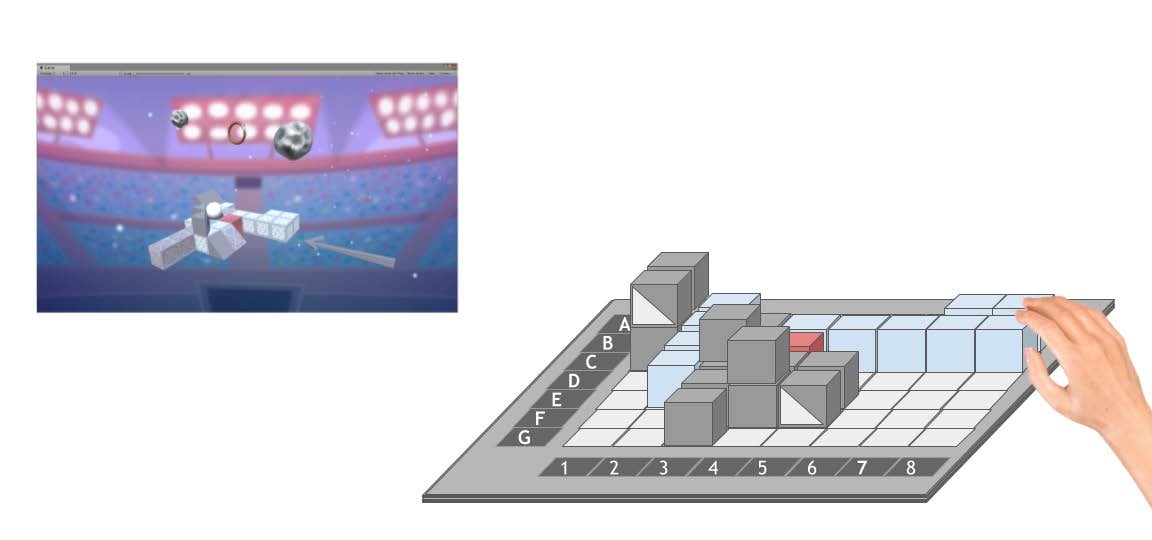 In 2020, we will launch 3D Puzzlets. Called “the physical embodiment of Minecraft,” 3D Puzzlets will offer a buildable real-world environment that students can use to interact with DDL’s software.
In 2020, we will launch 3D Puzzlets. Called “the physical embodiment of Minecraft,” 3D Puzzlets will offer a buildable real-world environment that students can use to interact with DDL’s software.
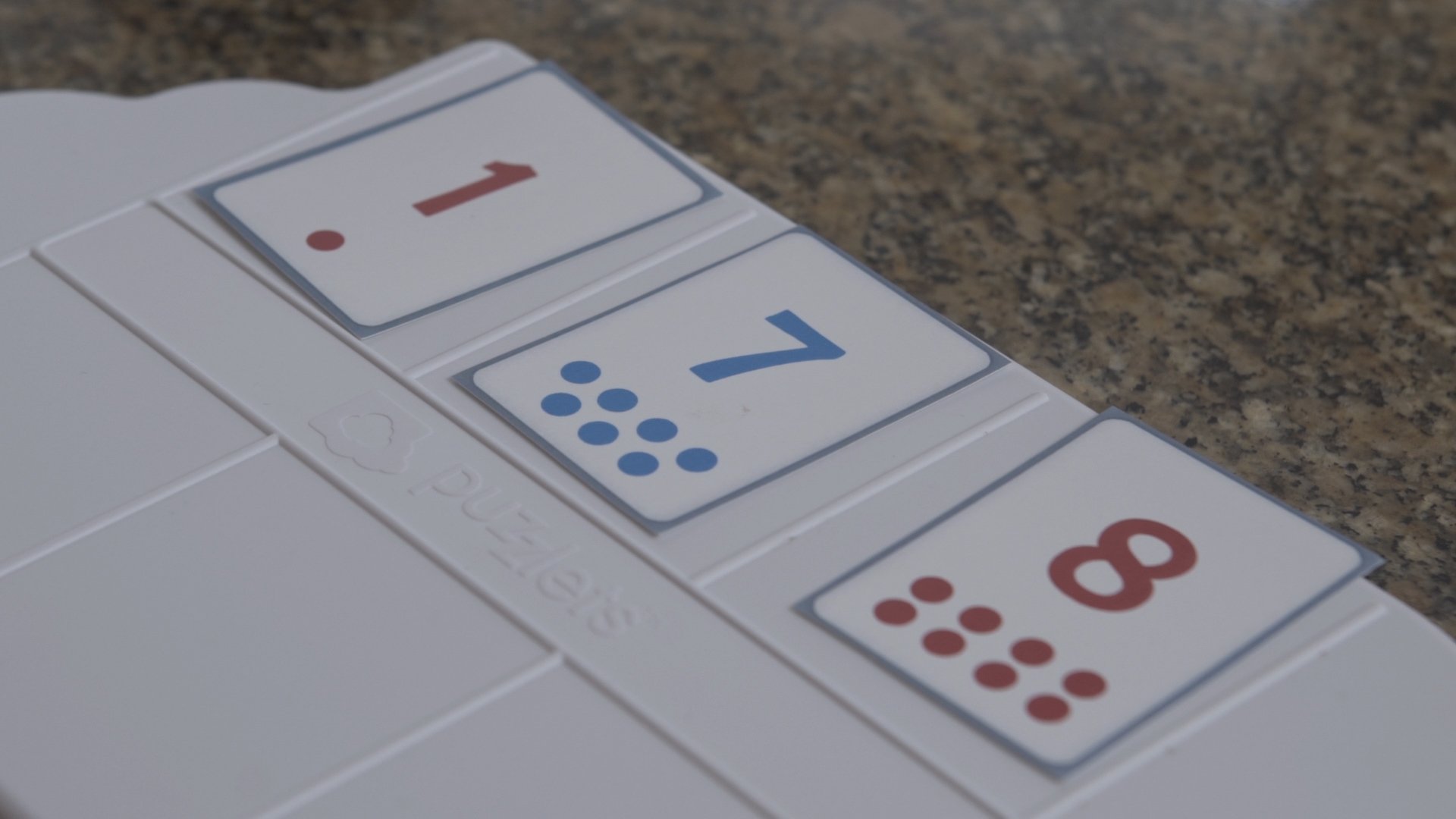 RFID flash card games that can be read by the Play Tray, introducing a new manipulable element to the Puzzlet platform that syncs with a smart speaker.
RFID flash card games that can be read by the Play Tray, introducing a new manipulable element to the Puzzlet platform that syncs with a smart speaker.
Funding
Raised $1.65m to date from notable investors
Current investors include Jacob Hanchar (CEO), Eric Silver (ModCloth), Tim Chen (former CEO Microsoft China), Carnegie Mellon University’s OFEF Fund, Peter Stern (founder, Datek Online), Jonathan Kaplan (founder, Flip Video Camera), and Alpha Lab and Innovation Works.

Founders
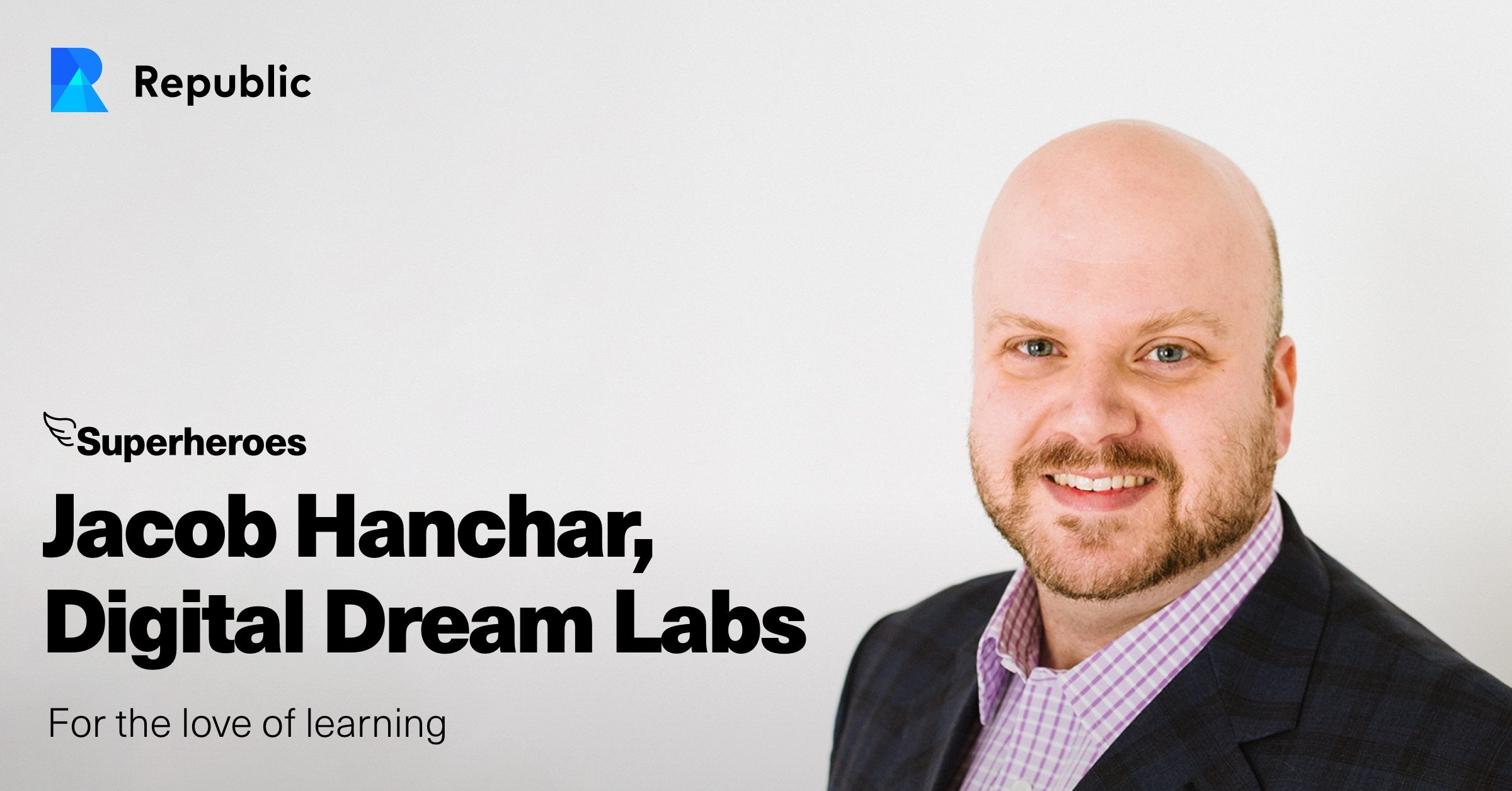
Jacob Hanchar, CEO
Ph.D. UCLA, MBA CMU, founder, investor, and largest shareholder.




 Oops! We couldn’t find any results...
Oops! We couldn’t find any results...

